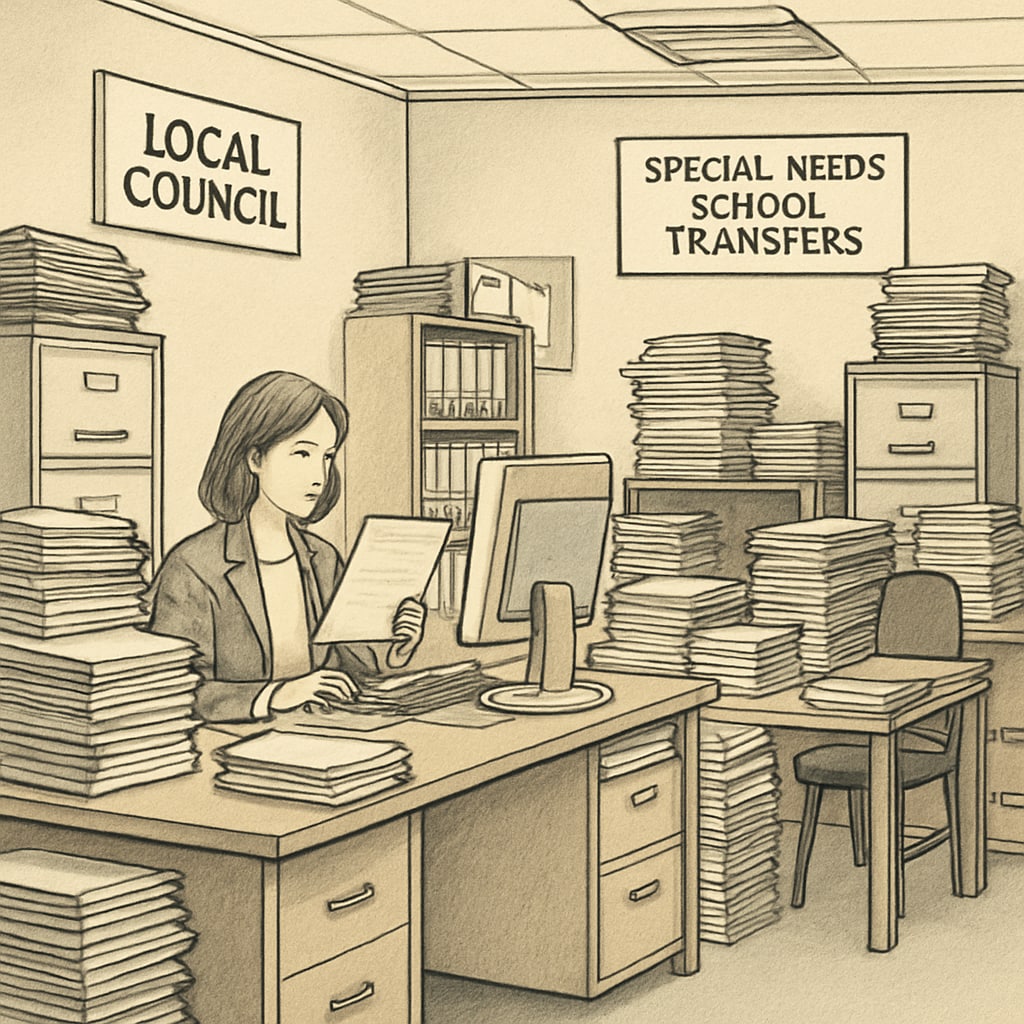In the UK education system, special needs students often encounter significant barriers when transferring schools. A recent case involving a 15-year-old girl, whose transfer application was delayed for 22 weeks, highlights the inefficiencies and failures in local education authorities’ handling of special education needs (SEN). This article delves into the systemic issues at play, the impact on students and families, and the urgent need for a more inclusive and responsive education framework.
The Struggle of Special Needs Students in School Transfers
Special education needs (SEN) students require tailored support to thrive academically and socially. However, transferring schools can become an arduous process due to bureaucratic delays and a lack of accountability from local education authorities. In the aforementioned case, a teenager spent over five months without access to proper education, profoundly impacting her mental health and academic progress.
Such delays are not isolated incidents. Reports from advocacy groups indicate that many SEN families face similar obstacles, with local councils often citing administrative bottlenecks or insufficient resources as excuses. This systemic failure undermines the core principle of equal educational opportunities for all students.

Local Authorities and Their Role in SEN Failures
Local education authorities are tasked with ensuring that all students, including those with special needs, receive appropriate educational placements. However, delayed school transfers reveal a troubling pattern of negligence. In many cases, families report unclear communication, prolonged waiting periods, and even a lack of empathy from authorities responsible for processing applications.
One key issue is the lack of funding and trained personnel dedicated to SEN processes. According to Britannica, special education requires a coordinated effort among schools, local authorities, and families to ensure students receive adequate support. Without sufficient resources, delays become inevitable, leaving vulnerable students in limbo.

Building a More Inclusive and Responsive System
To address these challenges, several steps can be taken to reform the current system:
- Streamlined processes: Local authorities should implement clear timelines and accountability measures to expedite school transfer applications for SEN students.
- Increased funding: Allocating more resources to SEN departments can help reduce administrative bottlenecks and ensure all students receive timely support.
- Training programs: Staff dealing with SEN cases should undergo specialized training to understand the urgency and sensitivity of these applications.
- Collaboration: Schools, families, and local councils must work together to develop efficient communication channels and avoid unnecessary delays.
As Wikipedia notes, education is a fundamental right, and its denial—whether intentional or due to systemic inefficiencies—has long-term consequences for affected students. These reforms are not only necessary but urgent to prevent further harm to SEN students and their families.
In conclusion, the plight of special needs students in the UK education system demands immediate attention. Cases like the 15-year-old girl’s 22-week delay expose deeper systemic flaws that must be addressed. By prioritizing inclusivity and efficiency, local education authorities can better serve the needs of all students and uphold their fundamental right to education.


